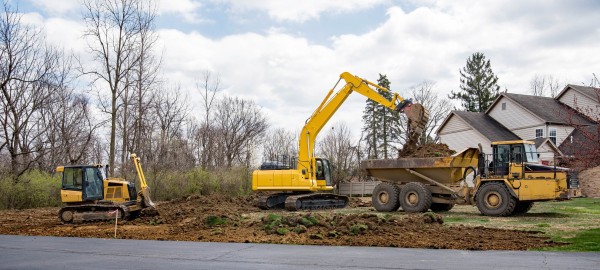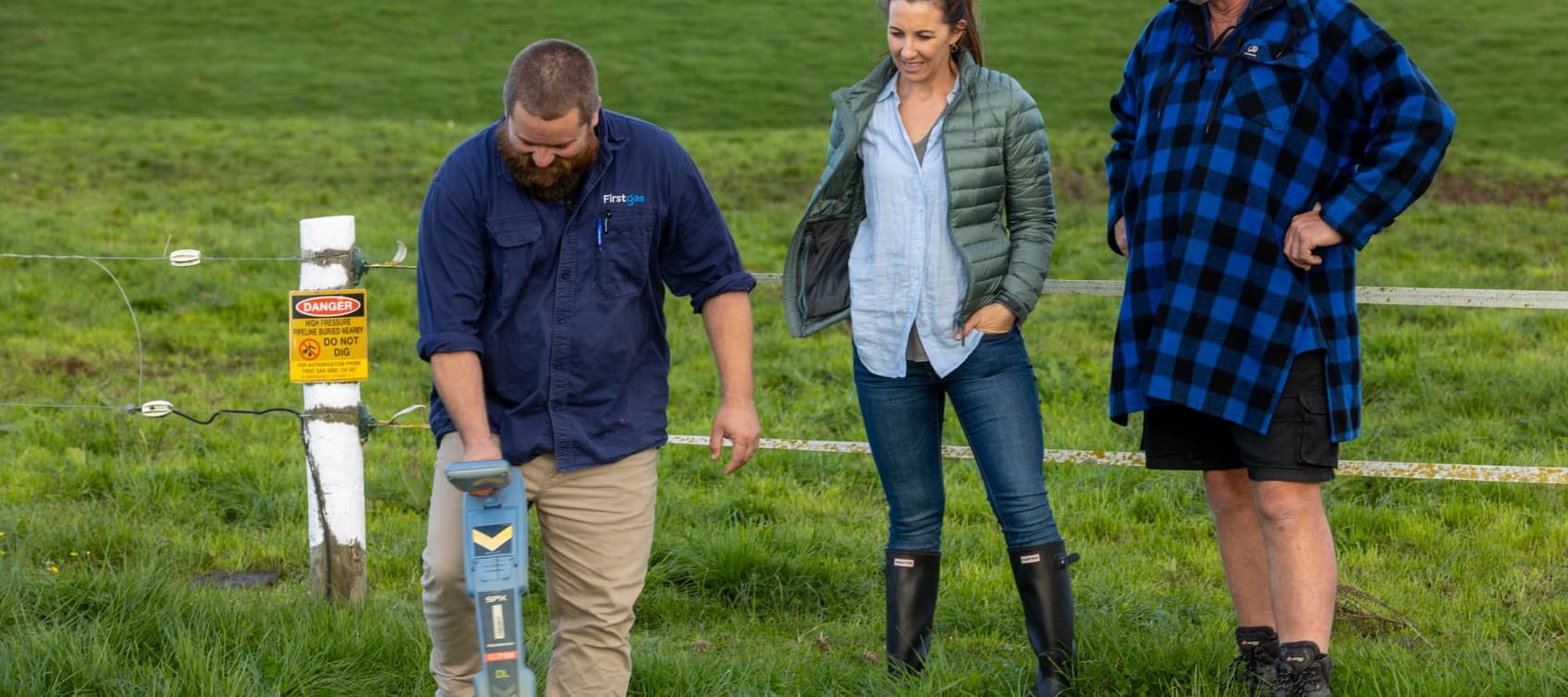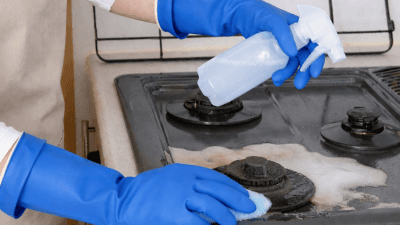Before you break ground on any summer project, remember to check for underground utilities first at beforeUdig.co.nz. This free, easy-to-use online service provides information on the location of cables, pipes and other assets beneath your property.
“All the utilities register their assets on beforeUdig, so anyone who uses it can count on getting a complete, up-to-date picture. It's quick, it's simple and gives you peace of mind before you start work.” said Prue Cowley, Pipeline Safety Adviser for Firstgas.

iStock image of Excavation works by residential home
Why checking matters
Cowley explained, “Knowing what’s underground before you start digging helps keep everything running smoothly, from power and water to fibre and gas. Gas networks are designed to stay safely underground, so a quick check with beforeUdig is an easy way to make sure your project goes to plan and everyone stays safe.”
With more than 186,000 enquiries a year, beforeUdig has become the go-to service for anyone wanting a smooth, safe project, from DIYers to contractors. If your job involves digging more than 300mm deep, simply lodge an enquiry and you’ll get the information you need to proceed safely.
Learning from real life examples
Any type of damage to a gas pipeline can cause significant problems.
Cowley said one of the most memorable examples of a household gas line accident was at a family hangi. When the family set the fire to heat the rocks for the hangi, the heat from the fire made a tiny hole in the polyethylene pipe that supplied gas to their home.
“The gas escaping from the pipe was ignited instantly, causing a significant fire. It was a great reminder of why we always want gas to stay safely underground. A quick check beforehand can prevent surprises and keep the fun going.”
She notes that while residential gas lines are low-pressure and designed with safety in mind, it’s especially important to be aware of high-pressure transmission pipelines used to transport gas over long distances. These pipelines are extremely robust, but like all critical infrastructure, they can be damaged if heavy machinery is used without proper checks and can cause significant damage. Even damage to a pipeline coating can lead to a failure down the line.
For example, in 2002, a contractor was preparing foundations for a cowshed on a farm at Himatangi and hit and ruptured the Firstgas transmission pipeline that supplies gas to Wellington. Although this did not result in any injuries, it did destroy the bulldozer and cause an enormous explosion of debris.
“The nearby state highway also had to be closed for public safety, because there was a breeze that could potentially have transported the gas to the highway,” added Cowley. “That incident caused a lot of publicity and the operator was taken to court by Worksafe and received a fine as well as being ordered to pay the cost to repair the pipeline.”
Physical and procedural controls help protect us
Any unauthorised work near a Firstgas pipeline is likely to be detected before disaster strikes. Cowley and the Firstgas team run a comprehensive programme to protect pipelines and keep people and communities safe.
This starts with physical controls, which include heavy-walled pipes, made from coated carbon steel, that are deeply buried. Nearby fenceposts are painted white to indicate the presence of a gas pipeline, and signage is posted at any nearby road or rail crossings. There are also procedural controls, including regular road and aerial patrols of the pipelines, and 24-hour monitoring in the control room at Bell Block. Any sudden drop in pressure immediately indicates a problem and triggers an immediate response.
“If there’s a UA (unauthorised activity), like excavator work, near the pipeline, our field techs will often spot it immediately,” says Cowley. “They’re patrolling daily in Auckland, and weekly in more rural areas. That’s just one of numerous things we’re doing all day, every day, to keep everyone safe.”
Your summer projects made easy
Whether you’re putting in a new shed, laying a deck, planting trees, or preparing a hangi pit, beforeUdig makes it easy to get the right information before you start. A few minutes online can help keep your project on track and protect the services your whānau and community rely on.





